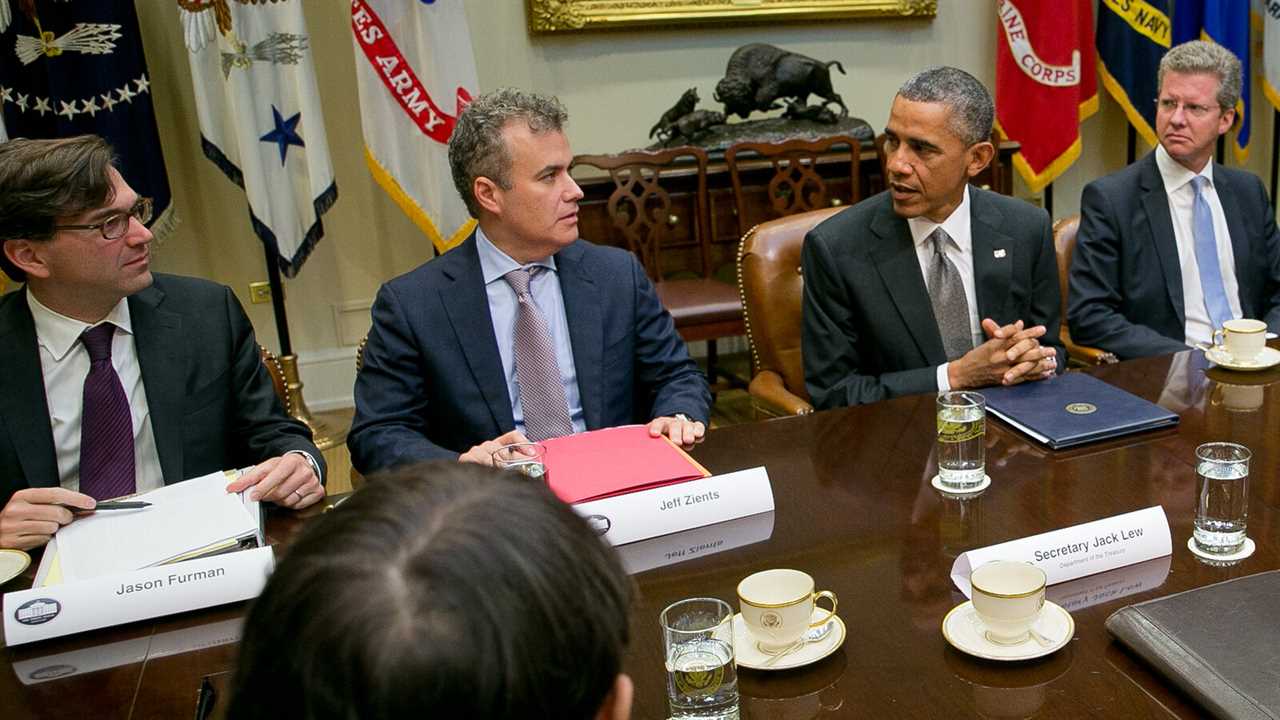
Jeffrey D. Zients, the former head of the Obama administration’s National Economic Council, has emerged as an important power center as a co-chairman of the Biden transition team and is currently a top candidate to be the coronavirus czar, a role in which he would steer the government’s response to the pandemic that has wrought financial hardship across the country.
Progressives are concerned that his recent role leading an investment fund, Cranemere, and his two years sitting on the board of Facebook, would make him sympathetic to corporate America. His role as a bridge to business during the Obama administration has raised some eyebrows as well since he was one of the administration’s chief liaisons to executives and lobbyists when anger at Wall Street over the 2007-8 financial crisis was still at its peak. Top lobbyists such as the Business Roundtable and the U.S. Chamber of Commerce have praised Mr. Zients as someone who heard them out.
In a sign of the pushback to come, the advocacy group Revolving Door Project has been urging Mr. Biden to keep corporate influence out of his administration and has compiled a 13-page document about Mr. Zients. The file highlights his wealth, his appetite for deficit reduction during the Obama years and his recent work as chief executive of Cranemere.
Early in his career, Mr. Zients worked as a consultant at Bain & Company before joining the Advisory Board Company, a health care research and consulting firm, where he rose to chief executive.
Jeff Hauser, the director of the Revolving Door Project, said that while he sees Mr. Zients’s experience in the health care industry as useful for managing the pandemic response, he was concerned that Mr. Zients could be too accommodating to business as vaccines are rolled out next year.
The pre-emptive resistance to Mr. Zients (pronounced ZYE-ents) from the left is the latest indication of how the Democratic Party has shifted in the dozen years since former President Barack Obama took office amid a financial crisis. Now, business and finance experience can turn otherwise qualified White House candidates into pariahs for progressives.






